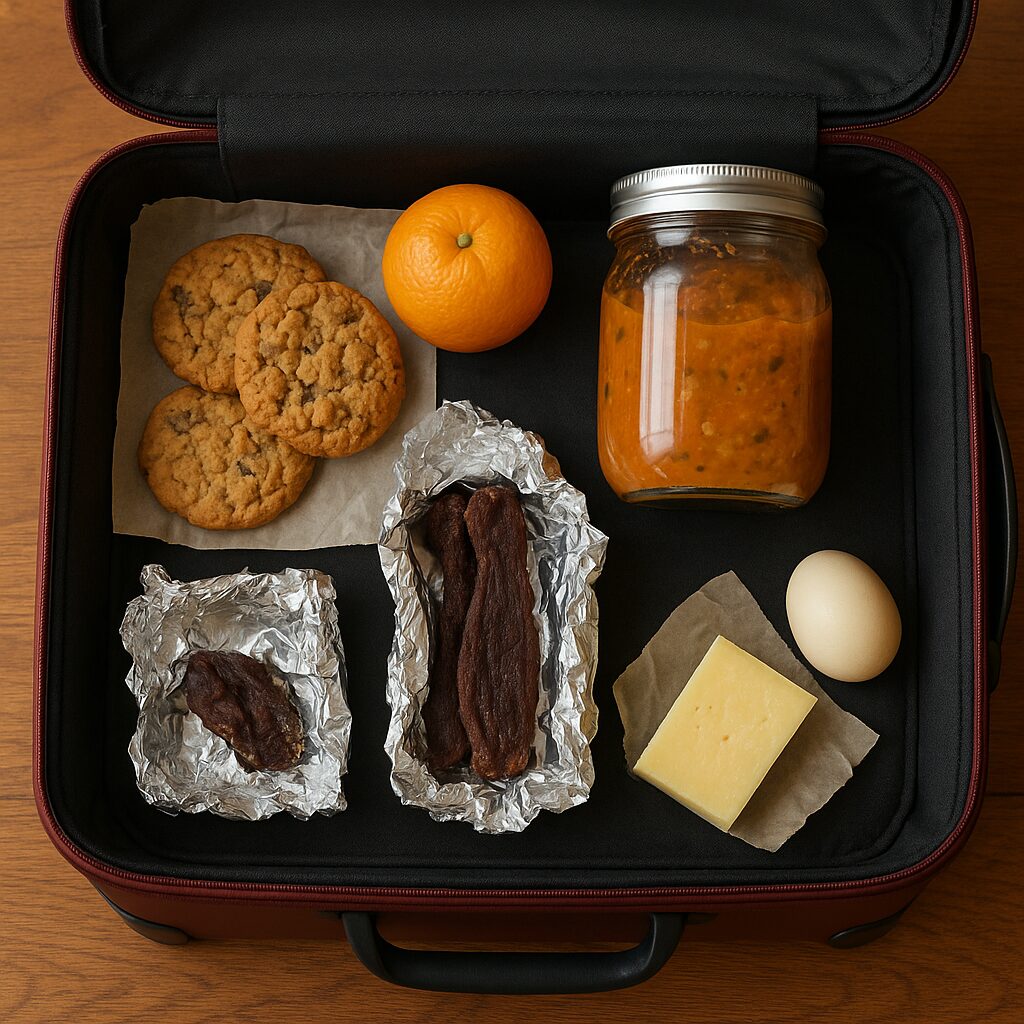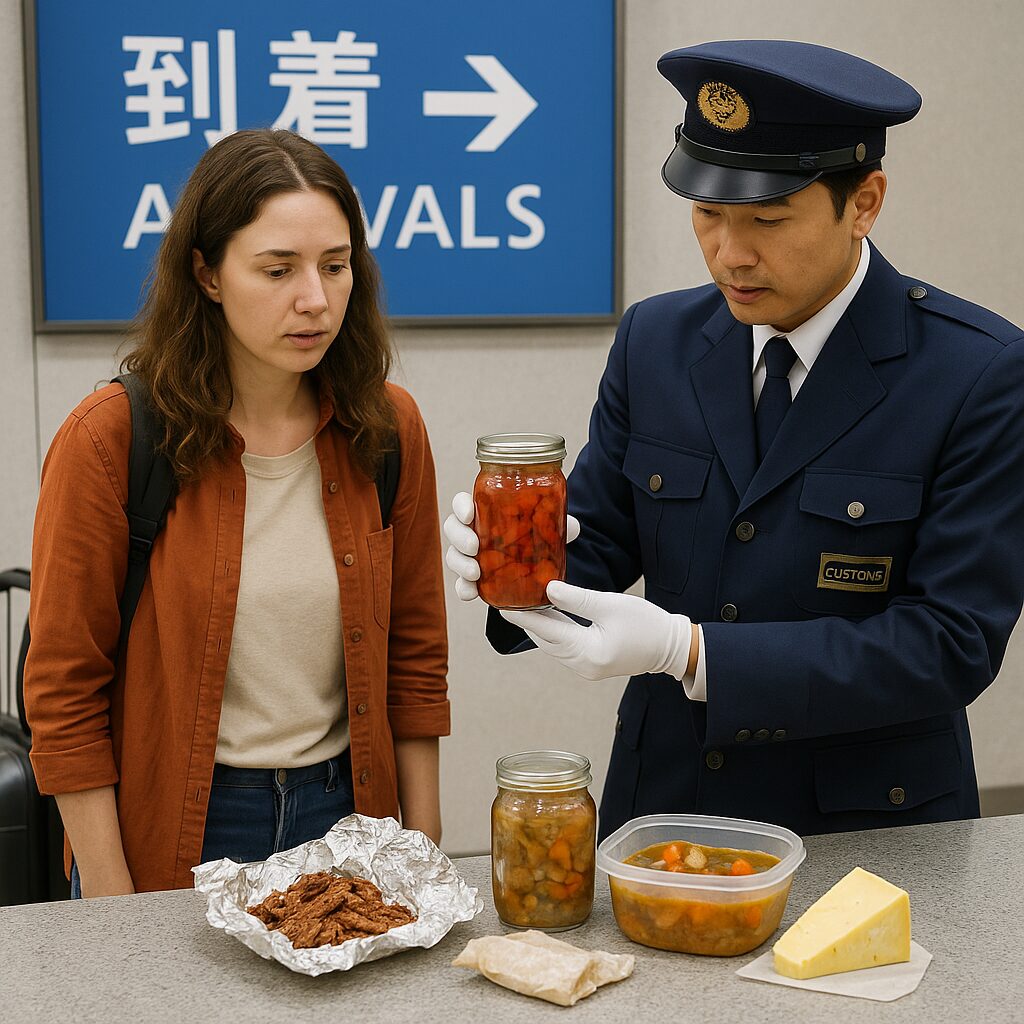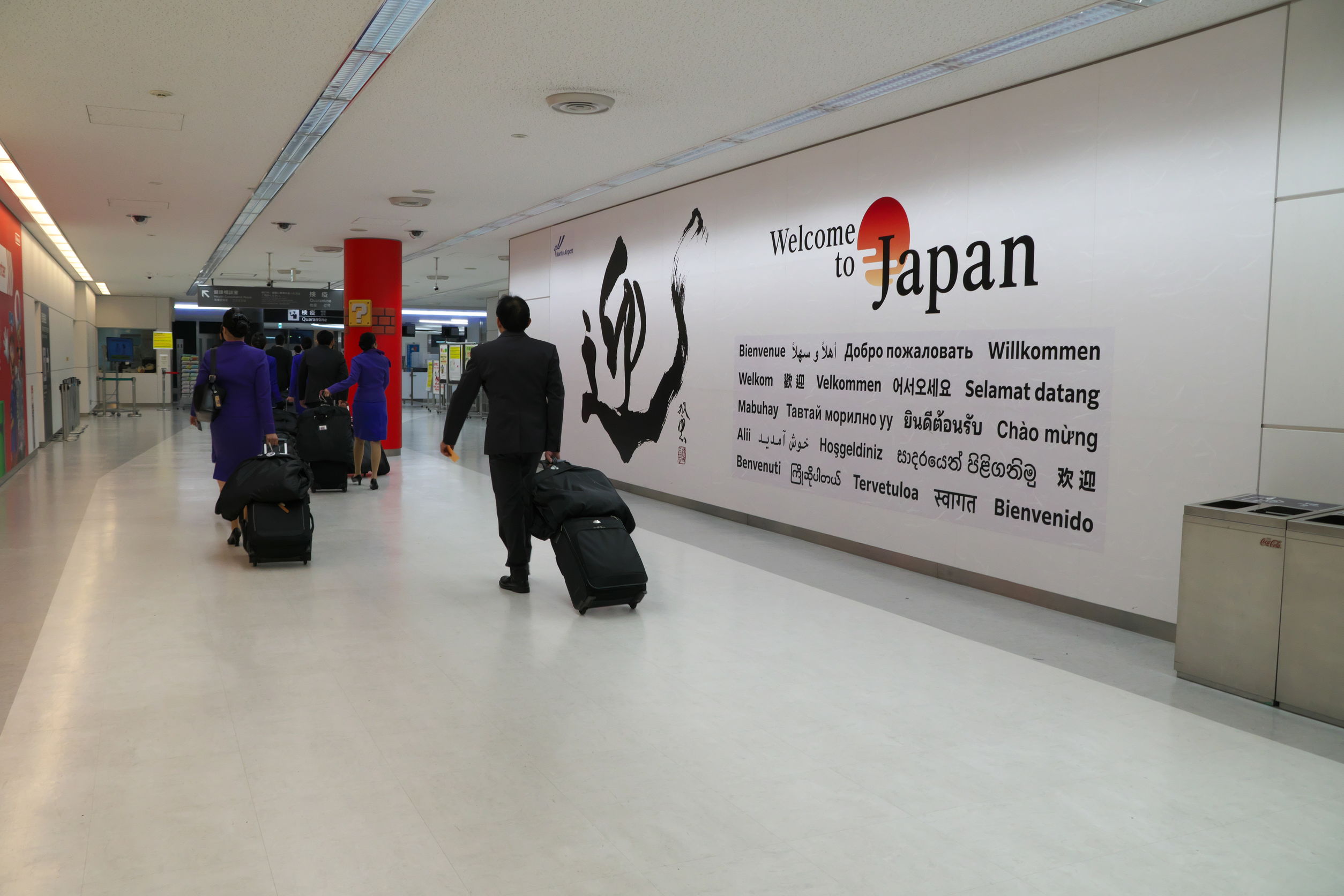Can I Bring Homemade Food to Japan?

Can I Bring Homemade Food to Japan? 🇯🇵✈️🍱
Bringing Homemade Food to Japan
Traveling to Japan and wondering if you can bring a taste of home along in your suitcase? Whether it’s grandma’s famous cookies or your own special jerky recipe, many travelers ask: “Can I bring homemade food to Japan?” The short answer is yes — but with strict limitations. Let’s break it down.
🛃 Japan’s Strict Food Import Rules: Know Before You Go
 Japan is extremely strict when it comes to importing food, especially animal products and anything that could carry pests or diseases. The country’s quarantine laws are enforced by the Ministry of Agriculture, Forestry and Fisheries (MAFF) and the Animal Quarantine Service.
Japan is extremely strict when it comes to importing food, especially animal products and anything that could carry pests or diseases. The country’s quarantine laws are enforced by the Ministry of Agriculture, Forestry and Fisheries (MAFF) and the Animal Quarantine Service.
Unlike some countries where small quantities of homemade food may pass under the radar, Japan enforces a zero-tolerance policy when it comes to restricted items. Even food for personal use is subject to inspection.
❌ What’s Not Allowed (Even if Homemade)
Bringing the following into Japan is strictly prohibited, whether store-bought or homemade:
- 🥩 Meat products (beef jerky, sausages, ham, bacon)
- 🐔 Poultry products (even cooked or dried)
- 🐟 Fish products that are not processed or canned
- 🧀 Dairy products like cheese, butter, milk (unless permitted from certain countries)
- 🍳 Eggs and egg products
- 🍊 Fresh fruits and vegetables
These items are banned to prevent disease outbreaks such as foot-and-mouth disease or fruit flies. Japan has been successful in keeping many agricultural threats out, and maintaining this record is a top priority.
Even if you’ve vacuum-sealed or fully cooked these items, they are still not allowed. Airport scanners and customs officers are trained to identify such items.
✅ What May Be Allowed (With Care)
Some homemade or packaged foods can be brought in if they don’t include restricted ingredients:
- 🍪 Cookies, cakes, and snacks (no meat or dairy fillings)
- 🍬 Candies and chocolates
- 🍞 Baked goods (dry items like bread or crackers, no meat/dairy fillings)
- 🍚 Cooked rice or rice crackers
- 🍜 Instant noodles (as long as they don’t contain meat or egg powders)
⚠️ Important: Even if your food seems safe, it must be declared at customs. If unsure, ask a quarantine officer.
You may be asked to open your luggage or explain what’s inside a container. Officers may perform a visual inspection or even discard items they believe don’t comply with regulations.
✍️ Declaration is Mandatory

When arriving in Japan, you’ll fill out a Customs Declaration Form. You must check “Yes” to the question about bringing food if you are carrying anything edible — even snacks.
Bringing banned items without declaration can lead to:
- ✈️ Confiscation
- 💸 Fines
- ❌ Possible denial of entry for serious violations
In 2023 alone, there were thousands of cases of confiscated goods at Japanese airports, often because visitors misunderstood or ignored the rules.
The declaration process is fast and straightforward. Officials appreciate honesty and are more lenient with those who cooperate than with those who hide items.
🧳 Tips for Bringing Homemade Food to Japan
- Check Ingredients Carefully – Avoid anything with meat, dairy, or fresh produce.
- Use Commercial Packaging If Possible – Homemade items can look suspicious to inspectors.
- Label Clearly – Label your food in English or Japanese to make inspection easier.
- Stick to Dry Goods – Items like cookies, granola, tea leaves, or dry noodles are safest.
- Pack Separately – Keep food items easily accessible for inspection at the airport.
- Avoid Liquids or Sauces – Homemade stews, soups, or curries may get flagged, even if meat-free.
- Research Country-Specific Allowances – Japan may have different rules depending on the origin country.
- Don’t Assume What Worked Before Still Does – Rules can change year to year.
📝 Final Word: Better Safe Than Sorry
So, can you bring homemade food to Japan? Yes, if it’s dry, non-perishable, and free of meat, dairy, or produce. But Japan takes food imports very seriously, so when in doubt, either declare it — or leave it at home.
Even if you were able to bring something similar in the past, don’t rely on previous experiences. Regulations evolve, and enforcement is rigorous. Planning to bring something unique? 📩 You can even email Japanese customs in advance with a photo or list of ingredients to double-check if your item is allowed.
And remember, violating these rules doesn’t just mean personal inconvenience — it could contribute to ecological harm.
✨ Quick Checklist: What You Can Safely Bring
✅ Dry cookies
✅ Hard candies
✅ Dried pasta
✅ Tea bags
✅ Instant soup powder (vegetarian)
✅ Dried fruit (in commercially sealed packaging)
✅ Granola bars (no meat or dairy)
❌ Jerky
❌ Cheese
❌ Fresh fruit
❌ Boiled eggs
❌ Homemade curry with meat
❌ Homemade soup or stew
❌ Raw nuts with shells









